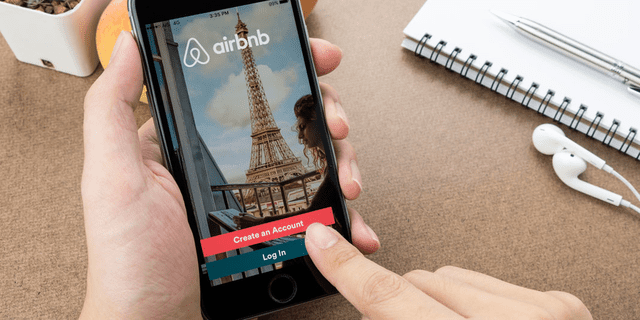Have you always had a nagging little idea that Airbnbing your home would be a great source of extra income and maybe even fun? A lot of people are turning to Airbnb for just those reasons. There’s a lot to know before you get started, so we’ve laid out the basics for starting your own Airbnb business.
Of course, first, you will need to have the right to rent out your property. That doesn’t mean you have to be the owner of the property. Renters can be hosts, as long as your landlord does not forbid it, and state and local laws allow it.
Don’t feel like renting immediately excludes you. A lot of renters are using Airbnb too. If you have an apartment in a city that hosts significant sporting events, music festivals, or even large business conferences, it may be worthwhile to stay the night with a friend or take a trip to rent your apartment out for a few days.
If you think Airbnb might be a good fit for you, here are a few things you need to know before you start.
Local Laws
You’ll need to do some research before you get to the fun part of decorating. A few years ago, some cities started limiting the amount of time you could rent out your home or apartment with Airbnb. They argued that it increased rents and home prices for locals. Many places have outright banned Airbnb, but some big cities require you to be a permanent resident of the state you are renting. Some other laws put a maximum amount of days you can host for Airbnb, and others require you to get a permit.
Response Rate
It turns out being semi-addicted to your phone might be good for business after all — Airbnb requires its hosts to be fast at responding to inquiries. You’ll need to make sure you can quickly respond to renters’ messages, but if you have a full-time job, this might be difficult. Airbnb isn’t as easy as handing someone a key and collecting money (if only…). Like many modern jobs today, you’ll need to be tied to your phone or computer, so you get a high response rate.
Essentials
Be prepared to be prepared — Airbnb frowns on hosts who don’t provide basic essentials for their guests. Things like toilet paper, paper towels, and an adequate supply of soap are expenses you’ll have to account for. Consider providing other non-essentials for your guests, since some of these can be free, like local maps, tourist spot recommendations, a guide to public transportation, or even a playlist and a puppy — it’s up to you!
Cleaning
Are you willing and able to clean up your space after the guests leave? You can charge a cleaning fee, but make sure it covers the cost of whoever you hire to clean the space. If you’re cleaning up on your own, make sure the price you charge pays you well — you’re now your own employee.
Food and Extras
You don’t have to provide food for your guests, but a small welcoming gift like a snack can help increase your review score from guests. Just make sure you budget for any little perks or extras you provide, so your work is worth your time.




































